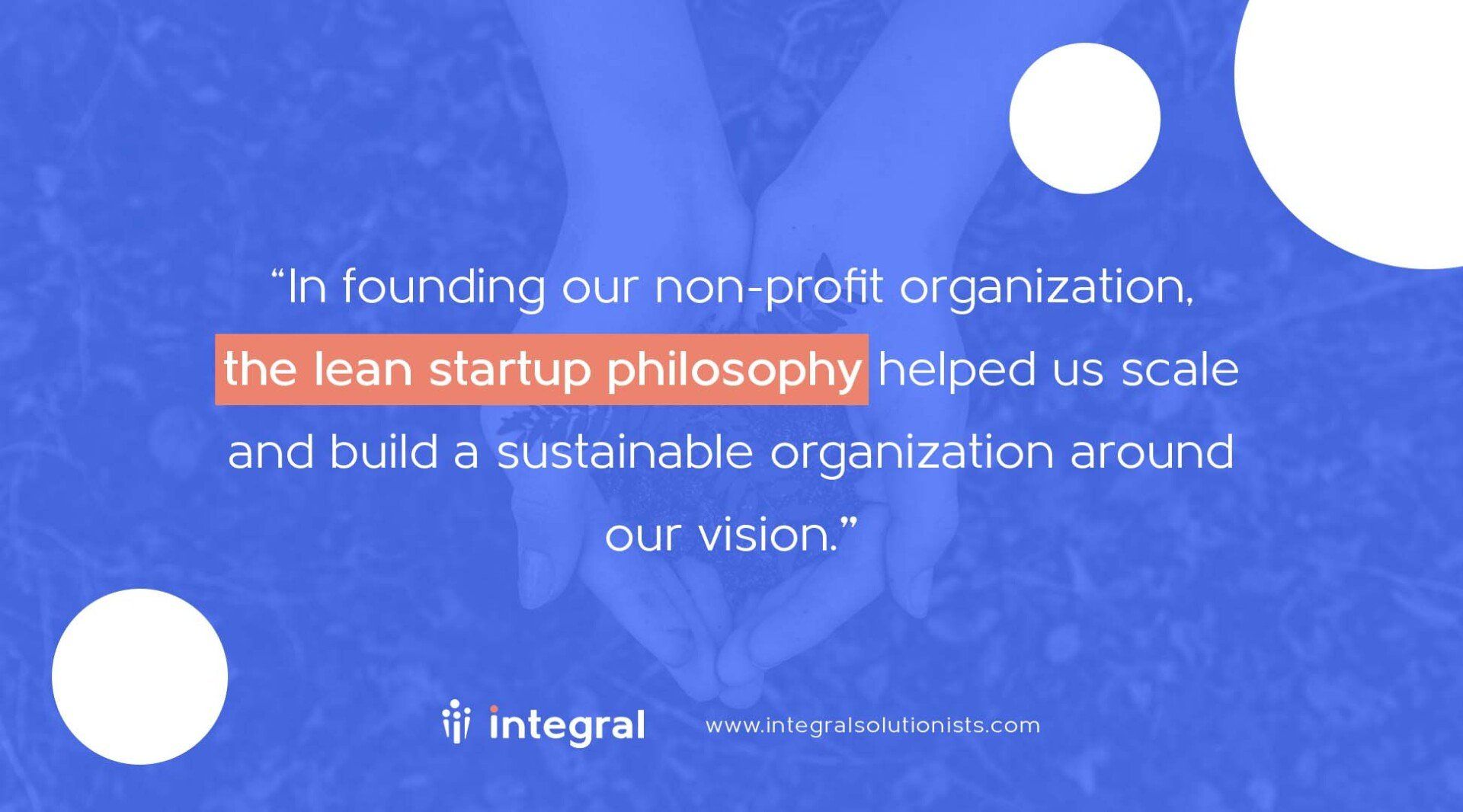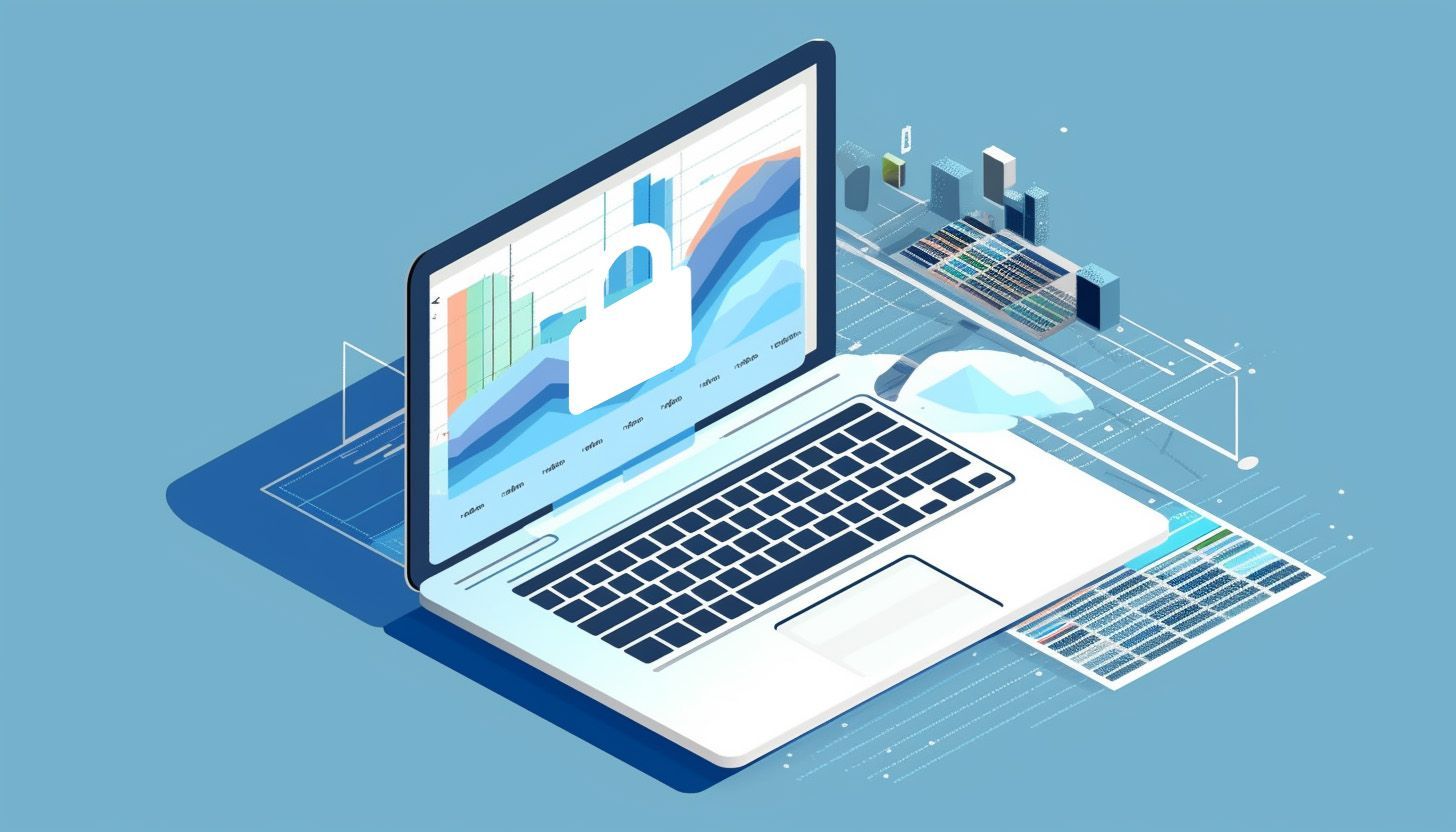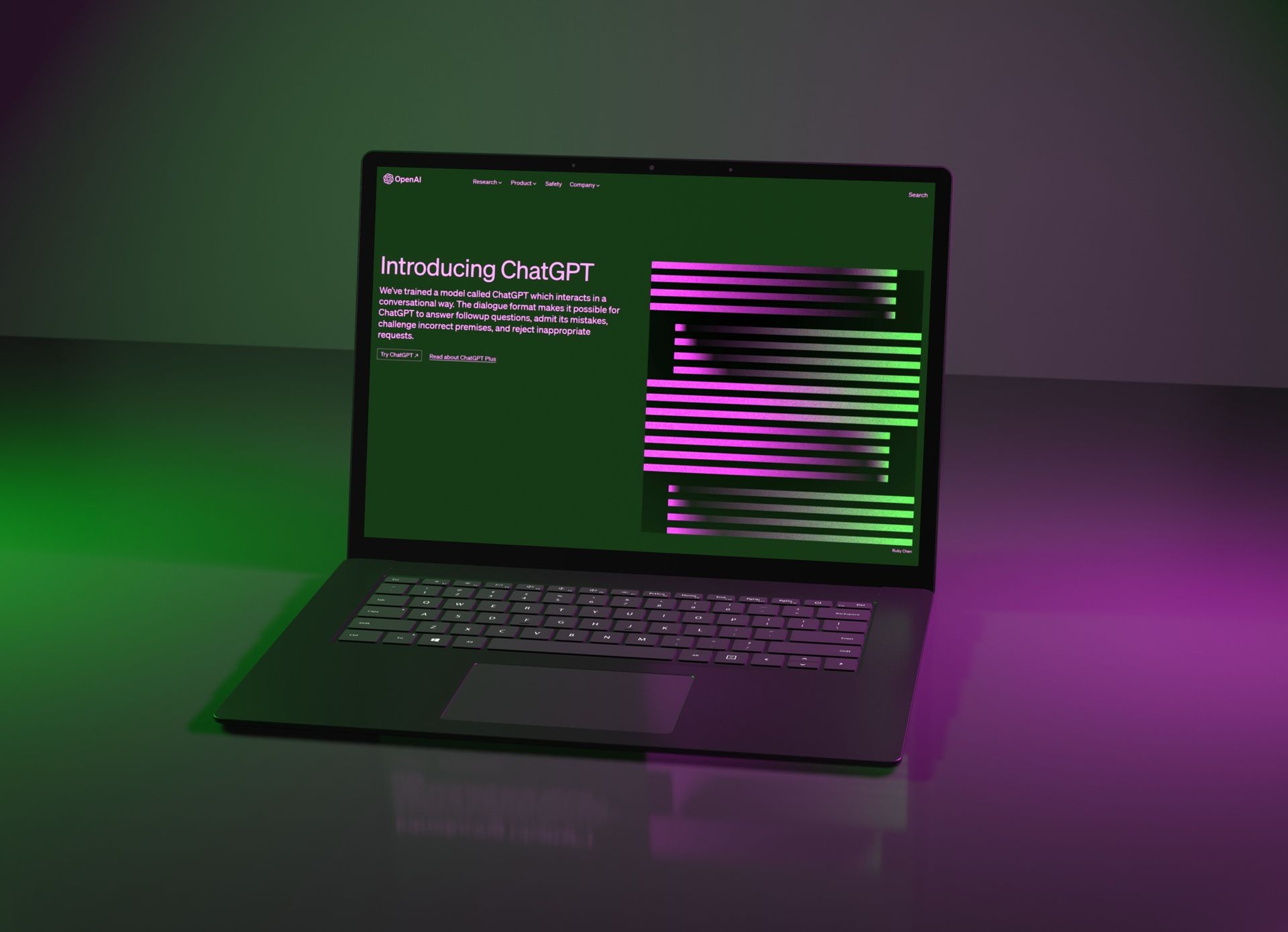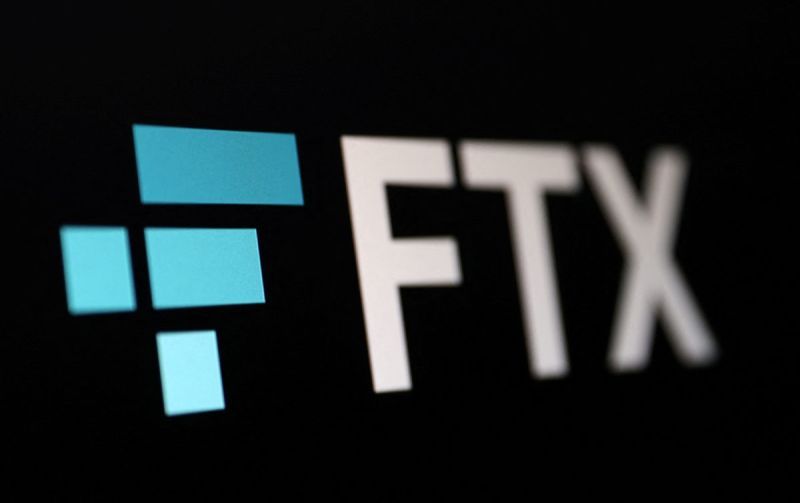Nonprofits Can Be Lean Startups Too
Stay up-to-date on trends shaping the future of governance.
Starting a nonprofit organization
Eric Ries’ bestselling 2011 book The Lean Startup launched a movement that’s spread far beyond Silicon Valley. Sometimes called “fail fast”, this movement treats startups as grand experiments. Rather than over investing time and resources in development, “the goal of every startup experiment is to discover how to build a sustainable business around the vision,” says Ries. Entrepreneurs should focus on building a minimum viable product (MVP), ship it, then iterate and learn from early adoption.
Could founding a nonprofit work the same way? Should it? My co-founders, Gavin Krugel, Ignacio Mas, and I, were seasoned entrepreneurs with backgrounds in financial inclusion when we launched the Digital Frontiers Institute (DFI) in July 2015. We didn’t set out to apply the lean startup philosophy, but it’s helped us scale and build a sustainable organization around our vision.
We were driven to solve a bottleneck in the global push to extend digital financial services to “the other half” of the world’s population. A human capacity bottleneck. Our two-part hypothesis is that:
- There’s a gap in the learning and growth available to digital financial professionals around the world, even as demand for their skills is rising; and
- A network that offers ongoing training and connects professionals across borders could sustainably fill this gap.
We also decided DFI should be a nonprofit because it clearly fit the mission of education and professional development, and to ensure the network focused on its public purpose.

To test our hypothesis, we defined our MVP: an online certificated course in digital financial services, the starting point of a training and professional journey. The idea behind an MVP is to get to market fast, to test customer responses (in our case, student responses), and establish willingness and ability to pay.
Also, our seed funding from the Omidyar Network only lasted 6 months, so we needed the first course to be ready by January 2016. To do that, we needed several pieces to come together quickly.
Nimble Structure, Right Partners
Our first challenge was that starting a nonprofit entity – and securing a charitable tax exemption – is a lengthier process than starting a new business. We were fortunate to secure the fiscal sponsorship of Rockefeller Philanthropy Advisors (RPA) in New York. RPA, itself a 501(c)3, has incubated successful nonprofits like the Global Impact Investment Network, which have later obtained independent nonprofit status – essentially being spun off.
Sponsorship by RPA gave us and our co-funders the benefits of nonprofit status, while leaving the accounting and reporting functions in RPA’s capable hands. Think of RPA sponsorship like an IT startup using the Amazon Web Services platform: it’s back office administration as-a-service. We agreed to a framework of delegated authority for our steering committee, giving us the freedom to be decisive and move quickly, while ultimately accountable to RPA’s board. This legal arrangement gave us a structural ‘safe harbor’ to focus our energies during the early stage on our MVP rather than on structural issues.
Second, because DFI was new, and didn’t have an established brand as an educational provider, we sought a university partner who could bring credibility and expertise. In return, we could help them extend their online learning offerings. We spoke to six universities around the world and found a partner in the Fletcher School of Law and Diplomacy at Tufts University. Fletcher already had successful blended learning courses; and was willing to experiment with us on a year-long pilot: offering the first known online Certificate in Digital Money. A joint Fletcher-DFI Curriculum Group now oversees the syllabus and structure.
Finally, we needed a quick and relatively inexpensive learning management system to host our first course. A web design firm in Cape Town, BOnline, took our vision for the learning experience and adapted Guru LMS (a low-cost, open source system) to our needs.
Getting It in Students’ Hands
One of the core tenets of the lean startup movement is to enlist early adopters and get customers involved as early as possible. In our case, that meant students.
Our most likely students were probably digital natives already, so we relied on a digital marketing campaign. We also marketed the course through our personal networks. Our target was 100 applications for the first cohort. By the deadline, we’d received more than 130. They’re a diverse group, from around the world, representing the private, public, and development sectors.
To test how the course material works, we ran a Friendly User Trial in January 2016 with 10 students over 3 weeks (a compressed timeframe of the 12 weeks for the full course). This testing enabled us to iron out issues before going live on February 8.
The first online Certificate in Digital Money started this week – on time, on scope, and slightly under budget. With our MVP in students’ hands, we’ve raised additional funding to carry us for 2 more years. By year three, our goal is to reach 1,000 new students.
To be successful, Ries says lean startups need to build, measure, and learn quickly. We’ll do that with our online courses, while testing our hypotheses and reaching for our greater purpose. Focusing on our MVP and outsourcing all non-core activities helped us get to this point. Without running our nonprofit like a lean startup, we couldn’t have come this far, this fast.
NOTE: I wrote this article in early 2016; and it was for a while posted on the Omidyar Network website. That site has been revamped and the article is no longer available. Nonetheless, the topic of how to apply innovation in nonprofit space too remains an important theme so, with permission, I republish it now here.
As a footnote about what has happened since then:
Digital Frontiers turned 6 years old in 2021; and has provided training to more than 8000 unique professionals from more than 2000 organizations in some 160 countries. The hypotheses we framed at the outset have held over time, even though the structure and offerings of the company have evolved considerably. DFI today is ready for a next stage of growth as a capacity building organization focused on equipping professionals to meet SDG goals.
At Integral, we provide ESG Consulting advice, evaluation, facilitation, mentoring and coaching services to develop governance systems that fit your organization’s purpose and stage of growth. To explore further how we can help you,
read about our services, or
set up a free consultation.
S H A R E












